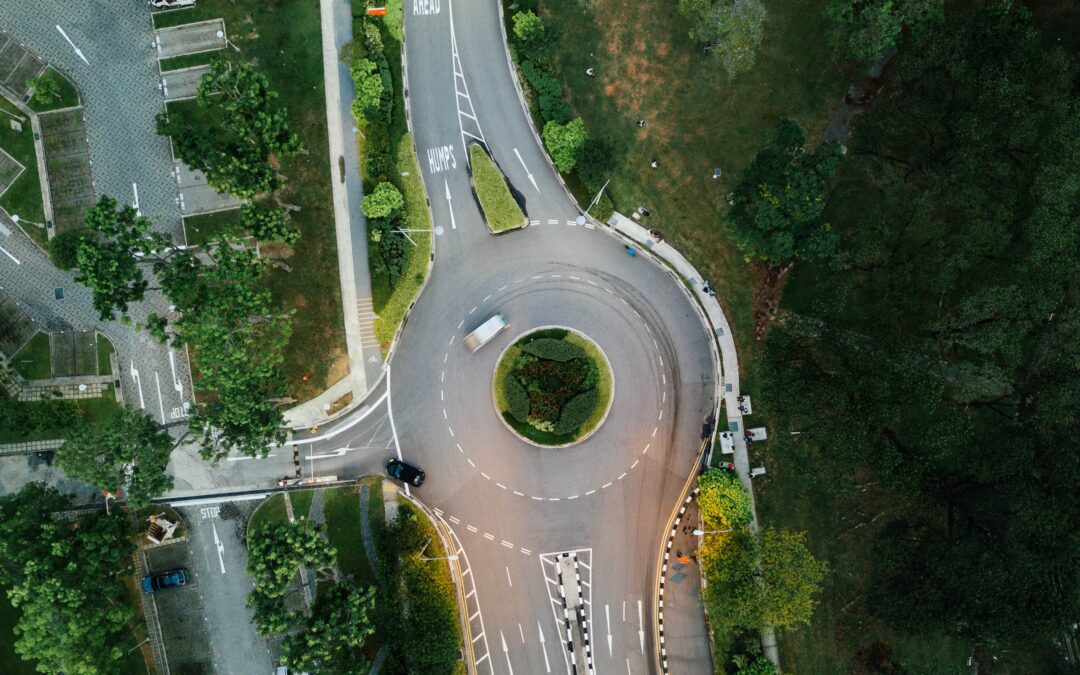As we approach the one-year anniversary of the Washington Square Charrette it is useful to revisit the primary recommendations and review what developments have occurred and what other complementary efforts are underway. Change comes slowly and sometimes the most important change is the education of the community and the evolution of their thinking. One great advance that the City of Newport has made is in the creation of a Bicycle and Pedestrian Commission. This group, which was advocated by the Bike Newport group led by Bari George, serves as an advocate for the many people in the city who like to bicycle or walk to nearby destinations. Many of the improvements to the Washington Square area, including the widening of sidewalks and the establishment of crosswalks differentiated by material changes, were designed and have succeeded in enhancing the experience of people not in vehicles. This creation of a new Commission and the implementation of pedestrian-oriented policies are in accord with “Complete Streets” principles. Complete Streets is a term that was coined in 2003 for a design principle that has been growing in the past twenty years: that street design needs to accommodate not just motor vehicles but ALL of the users of streets including pedestrians, bicyclists, and people using strollers and wheelchairs. The Newport City Council adopted the concept of being a Complete Streets community three years ago with Council Resolution #2010-130 and has working to make this goal a reality in its work ever since. Citizens can learn more about Complete Streets at an information session scheduled for October 10th at 6 pm at the Middletown Town Hall that is being arranged by GrowSmart RI, a statewide organization advocating “Smart Growth” approaches to development.
Another of the recommendations that came out of the Washington Square Community Charrette was that the area currently occupied by the gas station adjacent to the Colony House (which is currently for sale) might become an extension of Washington Square, with the goal of improving the traffic flow and making pedestrian access to the renovated Touro Synagogue campus safer. The gas station is the site of the original town spring around which Newport was first settled and incorporated in 1639. The thought of the organizing group has been to redevelop the site as a pocket park and to restore the spring which is active beneath the property for the benefit of all of Newport’s citizens and visitors and to honor the work of John Clarke who wrote the Charter of 1663, which gave the world one of the first guarantees of religious freedom to exist anywhere in the world. John Clarke was a Baptist minister from Newport and the successor church to the one where he was minister is immediately adjacent to the proposed park. Within half a mile of the site are colonial and early federal churches of 15 denominations making Newport one of the freest square miles in the entire world during the time the Charter was the law of Rhode Island. It is in celebration of both the spring and John Clarke’s important contribution to freedom of religion that this project has been called the “Charter Spring” project. John Grosvenor has been leading this effort to see if money can be raised to purchase the site and rebuild it for the benefit of the city so keep an eye out for advances on this important initiative in the future.
Although the Washington Square Charrette was rich with dozens of good ideas as to how to continue to improve the area from Perrotti Park to the Tour Synagogue, one of the largest and most aggressive proposals was to try to knit the waterfront back into the fabric of the historic neighborhoods on the east side of America Cup Boulevard by adding roundabouts to this four-lane highway, which currently separates much the city from the wharves. It is important to remember “Roundabouts” are completely different from “Rotaries,” which are geared more to higher speed vehicular traffic. Roundabouts have been used extensively elsewhere to both increases the number of vehicles that can flow through an intersection and make it safer for pedestrians to cross at the same time. Roundabouts are often seen in transportation circles as the future of intersection planning. Where they have been cautiously met by communities, many citizens have come to love their efficiency and increased safety. An information session that will bring the participants of the Washington Square Charrette together with people who were not able to participate is planned for October 25th at 5:30 pm at the Jane Pickens Theater and Event Center to talk about Roundabouts, the Complete Streets philosophy, and how these tools might have positive economic benefits over time. Please watch Archi-TEXT and future notices for the date and time of this important gathering!
Looking to remodel your home? Let’s connect.
Join the Architectural Forum to stay up-to-date with architectural news from Rhode Island and abroad.
Ross Sinclair Cann, AIA, LEED AP, is a historian, urban planner, educator, and practicing architect living and working in Newport. He holds architectural degrees from Yale, Cambridge, and Columbia Universities. This article was initially published in ARCHI-TEXT, in Newport This Week September 19, 2013.
